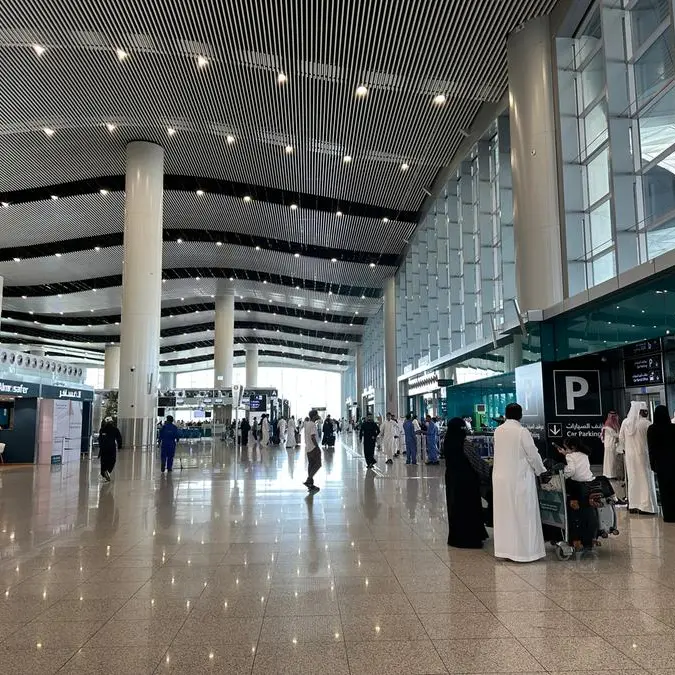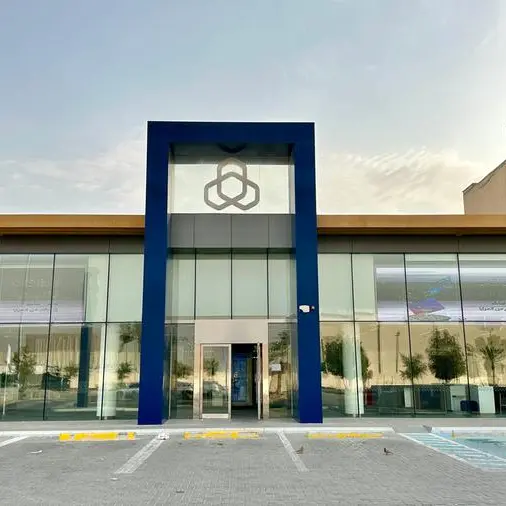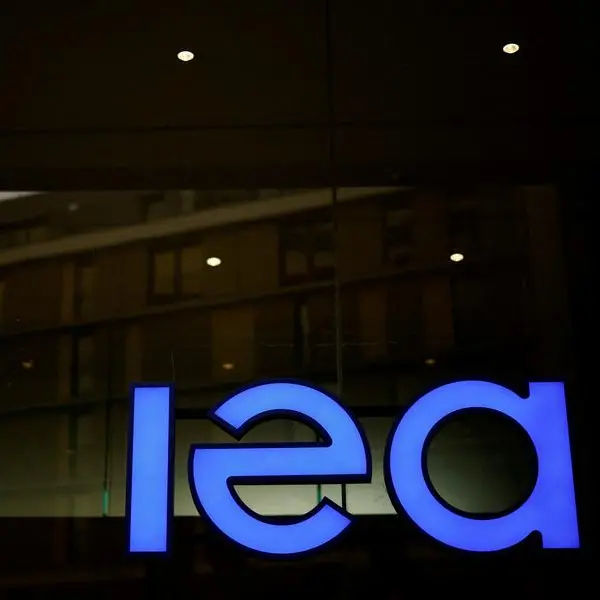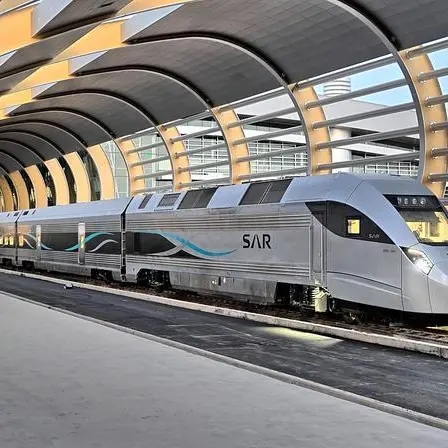PHOTO
MANAMA: Bapco has awarded a $240 million contract for residue hydrocracking unit services to US-based Advanced Refining Technologies (ART).
ART, a joint venture between Grace and Chevron, is a leading supplier of hydroprocessing catalysts.
Under the five-year contract, ART will provide full-cycle catalyst management (FCM) services for the new Bapco residue hydrocracking unit known as 1RHCU, which is one of the key components of the Bapco Modernisation Programme (BMP).
Estimated to cost $6 billion, the massive project aims to boost Bapco’s refining capacity from 267,000 barrels per day (bpd) to 380,000bpd.
Work on-site has not stopped for a single day since the Covid-19 pandemic hit the globe in early 2020, the GDN reported last week.
ART will supply its resid hydrocracking catalyst technology for a wide variety of feedstocks to maximise ‘bottom of the barrel’ upgrading. The technology is the industry-leading catalyst for metals capacity and sediment control. In addition, ART will provide full-cycle catalyst management (FCM) services for the reclamation of metals from spent catalysts.
“Our new resid hydrocracking unit will convert 78 per cent of the vacuum residue feed into intermediate products, which will then be further processed into high margin kerosene and diesel. A key component is catalyst performance and management, and the unique agreement signed with ART, who will be responsible for the total supply chain of catalyst from cradle to cradle. This agreement has taken over 18 months to develop and negotiate, and I thank all the parties involved in making this a success,” said Bapco chairman and chief executive Dr Dawood Nassif, who was joined by senior management and representatives from the refinery, ART and CLG, for the signing ceremony in Awali.
When fully operational in 2023, the new resid hydrocracking unit will be the main profit centre for the Bapco refinery.
It uses process technology licensed from Chevron Lummus Global (CLG), a joint venture between Chevron and Lummus Technology.
The unit is a two-train design with a processing capacity of 65,000bpd.
Bapco’s application of this state-of-the-art technology will be the first within the Middle East. Fewer than a dozen of these units exist globally, and the Bapco unit will be one of the largest of its kind.
© Copyright 2020 www.gdnonline.com
Copyright 2021 Al Hilal Publishing and Marketing Group Provided by SyndiGate Media Inc. (Syndigate.info).





















